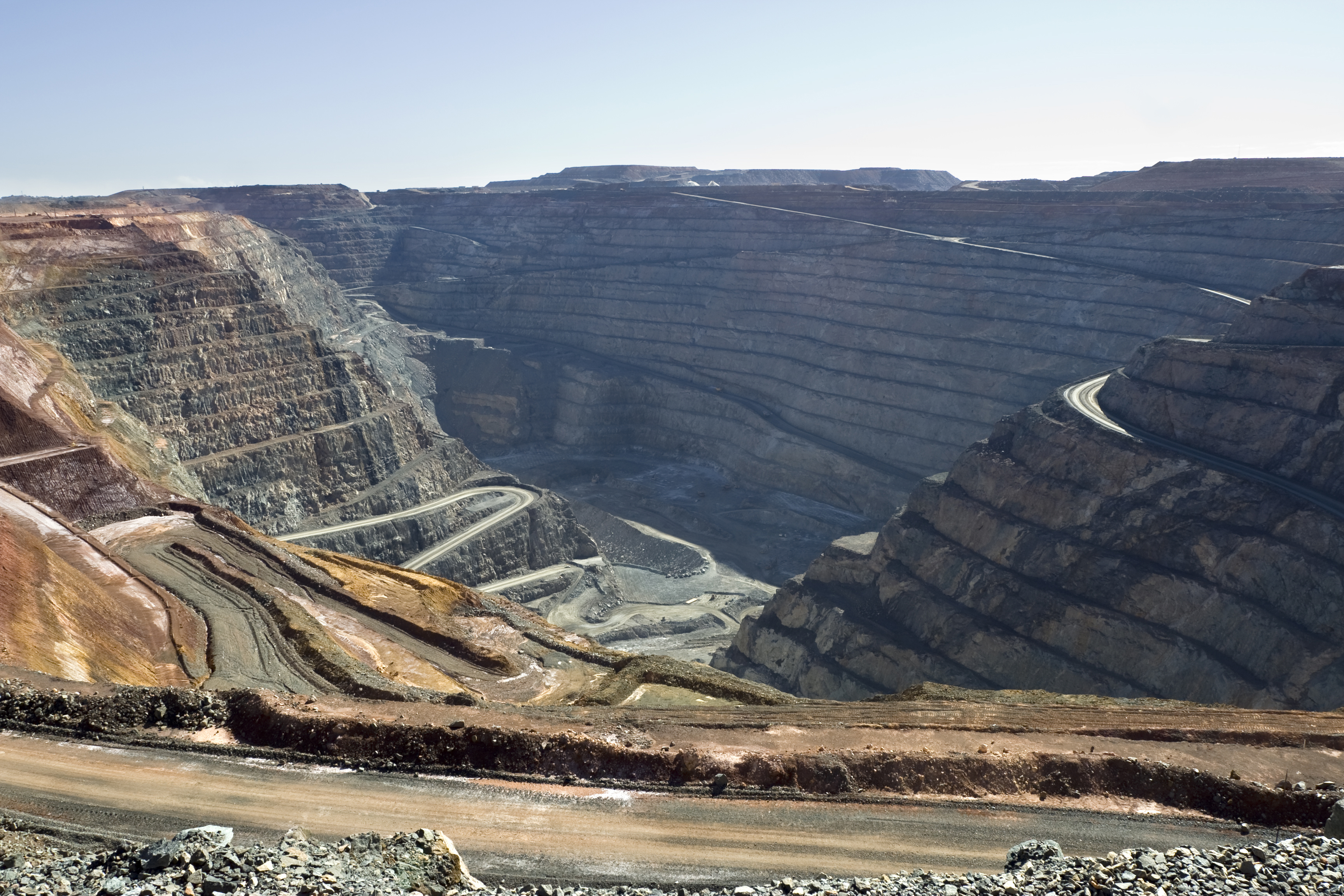Mongolia presents huge opportunities for western investors, but the country’s desire to make the most of its resources could lead to delays in reaping the benefits, according to analysts.
At a London briefing on political risk in Mongolia, Exclusive Analysis head of Asia forecasting O. Hamid told the audience and GTR that investors in the country should be aware of nationalising trends that may delay the implementation of projects.
Tucked between the Russian and Chinese giants, Mongolia is determined not to let its mining resources be dominated by them, and is therefore opening investment opportunities to the West, counting as much on banks and ECAs as on private investors to help with its development, Hamid said.
“China and Russia both have massive interests in Mongolia – that is inescapable. But it is balanced by a fervent desire to maximise the benefits from the goldmine they are sitting on, and there is a trend towards nationalist rhetoric.”
Hamid added that there has been an increase in the number of nationalist members of parliament (MPs), whose agenda is to ensure the best interests of the nation in signing contracts, and who asked for each of these mining contracts to be reviewed by the government. Moreover, most of these MPs have commercial interests in Mongolia’s mines, which also explains their motivation.
For example, the Tavan Tolgoi goldmine project has been facing delays due to local interest issues, despite the country having already tried to split stakes to accommodate the various national and international interests.
The Oyu Tolgoi copper and gold mine is having similar issues due to its high electricity needs and proximity to China – Mongolia is reluctant to hand over the power supply to China, which could then disrupt all activity at the mine in case of conflict.
“Mongolia’s presidential election in 2013 will be an interesting time, but we expect the uneasiness in regulatory framework to continue in the next three to four years,” Hamid concluded.







